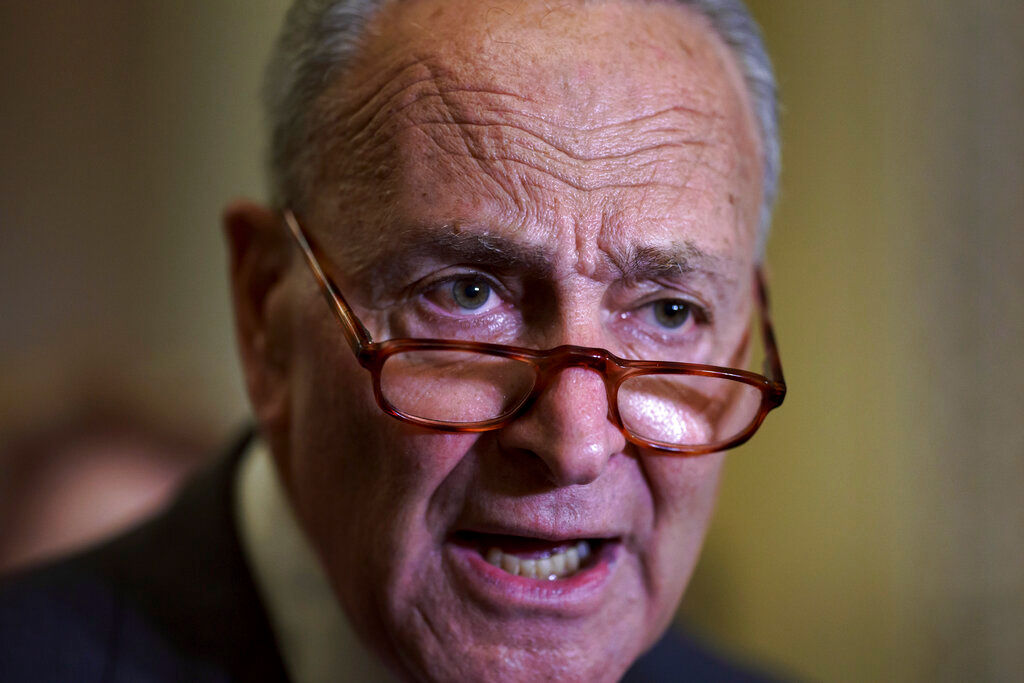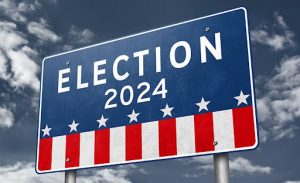Chuck Schumer, the United States Senate majority leader, voted “No” for a bill that would keep the country’s government funded as the new fiscal year kicks off on October 1 However, the Democratic politician, along with almost the whole party, has been showing support for the legislation.
Schumer, who is a lawmaker from the state of New York, opposed the bill as a last-minute move on Monday in order to allow Democrats to reconsider the bill later, according to a report from Associated Press. The vote would have likely been considered as a breach of party lines.
Ahead of the crucial vote, the 70-year-old United States Senator wrote on Twitter, “Today, the Senate will vote on moving forward on keeping this government open, making sure the American people don’t needlessly face the devastating consequences of default, and providing disaster aid to hard-hit communities.”
The legislative upper house recorded a tally of 50-48 against the bill, which needs at least 60 votes to proceed.
With days to go, Democrats are likely to try again before Thursday’s deadline to pass a bill funding government operations past the September 30 fiscal year end, stripping out the debate over the debt limit for another day, closer to a separate October deadline.
Also Read: Anthony Fauci fears government shutdown amid COVID pandemic
The bill, which was taken up in the United States Senate on Monday, saw two holdouts from Democratic lawmakers so far. West Virginia’s Senator Joe Manchin and Arizona’s Kyrsten Sinemia previously said that they would be reluctant to support a bill of this size.
With all Republicans opposed, Democratic leaders can’t spare a single vote in the 50-50 Senate, relying on Vice President Kamala Harris to break a tie to pass the eventual package.
In case the United States Congress does not vote to fund the government, the first to be knocked out will be non-essential federal services, according to a Forbes report citing the Center for a Responsible Federal Budget.
However, essential federal services include emergency law enforcement departments, fire services and others related to public safety.







